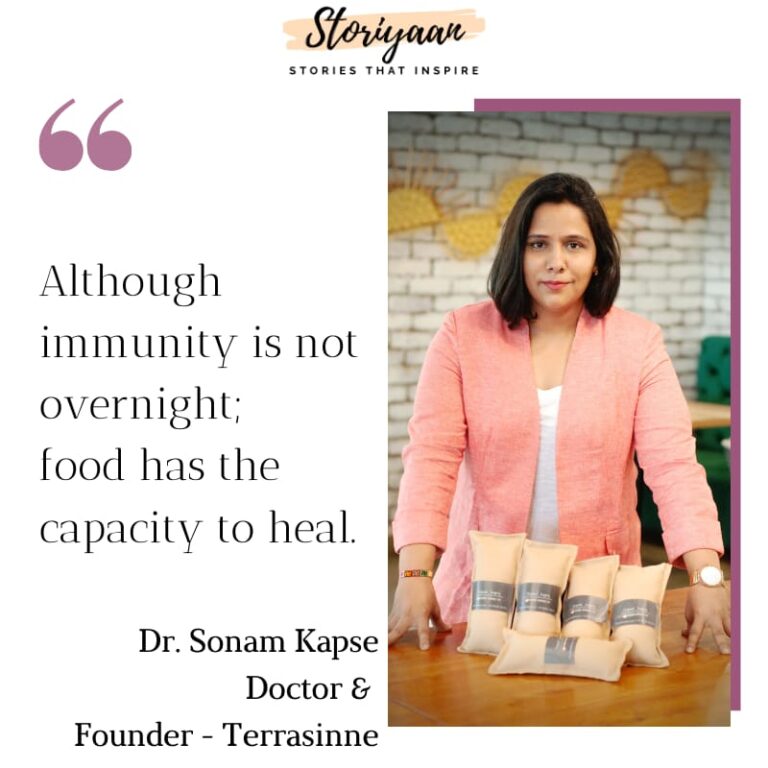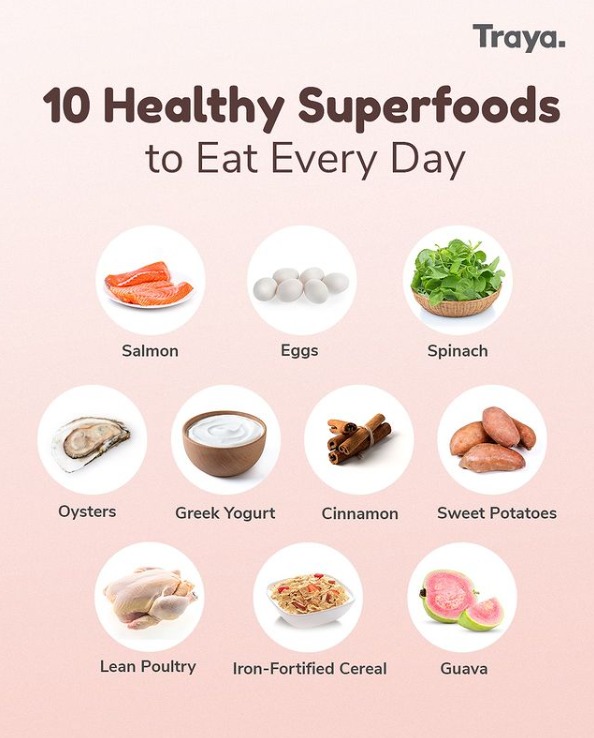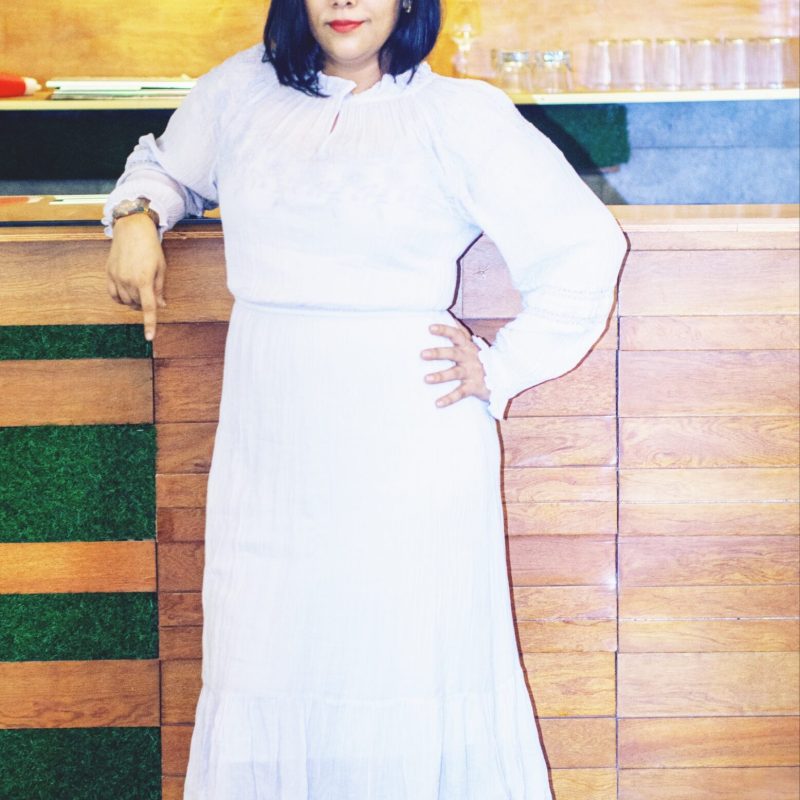Meet Sonam Kapse, a proud foodie who has not only taken the challenge head-on with focus on fresher and healthier alternatives but has also ensured a unique approach to it. She founded ‘Terrasinne’, an inclusive hub where the specially abled have found a new purpose in life. It has recently secured an award from the prestigious International Hospitality Council, London.
A doctor, the CEO of Chambers of Commerce and Industries and a published author of multiple international articles, she has led several passion projects and aced them all. Read more about the versatile Sonam in this casual conversation with us at Storiyaan.

Interview
Questions and answers
How did you come up with the idea of investing yourself in the progress of indigenous farming in the country and what was it about the cause that you felt most strongly about?
I have been part of multiple initiatives related to the chamber of commerce and industry which acted as the foundation for my progress into indigenous farming. I am into cancer genetics by profession, and it initiated my interest in immune-rich food that helps to avoid terminal illness. I have always felt strongly about food and nutrition as it plays an important role in a healthy lifestyle.
Today you have 200 farmers on board towards your journey of fulfilling your aim. How did you come in contact with this massive human resource?
Farming has been an integral part of my background as my mom, professionally a doctor, has been farming for the last two decades and she has passed that interest onto me. It was because of this passion that we have been able to connect with this massive human resource.
You mentioned that working with the specially abled has been your most natural calling. Is there any particular story behind your inclination towards the differently abled?
When I was exposed to the specially abled through my work, I realised that they have an exceptional strength to overcome any kind of task that is laid in front of them despite their disability. It has been extremely heart-warming and rewarding to witness their efforts.
How did you conceive of the idea for ‘Terrasinne’ and tell us a bit about the prototype for the project when you first came up with it?
While travelling the world, I came across this small bistro in Europe where I saw autistic children work with sheer passion and dedication; this moved me, and I wished to create such an inclusive place back in India. The whole prototype revolved around the idea of dignified lives for the differently abled and we were successful in creating ‘Terrasinne’ after two years of extensive research.
What methods did you resort to provide the staff with the training needed for customer service and what are some of the challenges that came your way?
I had to learn the Indian Sign language to communicate and gain the trust of the candidates, but it was a bigger challenge to convince their families to let them work with us and help them overcome their inferiority complex but with personalised grooming and confidence-building – they all performed exceptionally.
How do manage to keep a balance between overseeing the work of the restaurant and your day job as a doctor, and how do you prioritise when such situations arise when you have to be present in both scenarios?
I have always been a workaholic and I enjoy multi-tasking. My work makes me happy as it is related to welfare services and providing platforms to the unheard. I am skilled at managing my time because I am passionate about it.
Tell us about the time when you were awarded the IHC Award and how did that act as a stimulus for your future endeavours?
The award came as a surprise as we were a start-up and relatively new to the industry, but our unique idea helped us badge the award. It has boosted the confidence of the entire team of ‘Terrasinne’ and has acted as an igniting factor to reach greater heights in the future.
How did the pandemic and the lockdown hit you and while many companies and businesses have to take drastic steps like laying off employees, what was your strategy of minimising losses?
We were starting a new chapter for our business and setting up newer goals. So, as the lockdown hit it affected us, but our adaptive work culture helped us progress as we started to emphasize improved nutrition with fewer preservatives, additives, artificial colours and focus on fresh farm produces.
Having been exposed to various cultures across Africa, Israel and Europe, did the exposure to their cuisines play a role in trying your hand at the food and hospitality industry?
Yes, I have always been a foodie and have explored different cuisines ever since my childhood. It was this passion for food and social awareness that made me want to be a part of the Food and Hospitality industry.
What would be your message to the readers missing their favourite restaurant food from being locked up in their homes as the pandemic reigns havoc on the nation?
My message will be to stay positive and follow the protocols of the pandemic. We should stay at home, focus on improving our immunity through a healthy lifestyle and always remain hopeful in such trying times.
Quick 5
1. Your favourite cuisine – Burmese.
2. One work ethic you always abide by – Punctuality.
3. If not a doctor, you’d be a – Traveller.
4. The most underrated Indian dish in your opinion – Khichdi.
5. One word for the frontline workers during the pandemic – Patience and Perseverance.

The Story of Hair Care Revolution with Traya
From Struggles to Solutions: There’s Hope For Hair with Traya Hair carries emotions, memories, and stories—of the entangled fingers of loved ones, the tug of

